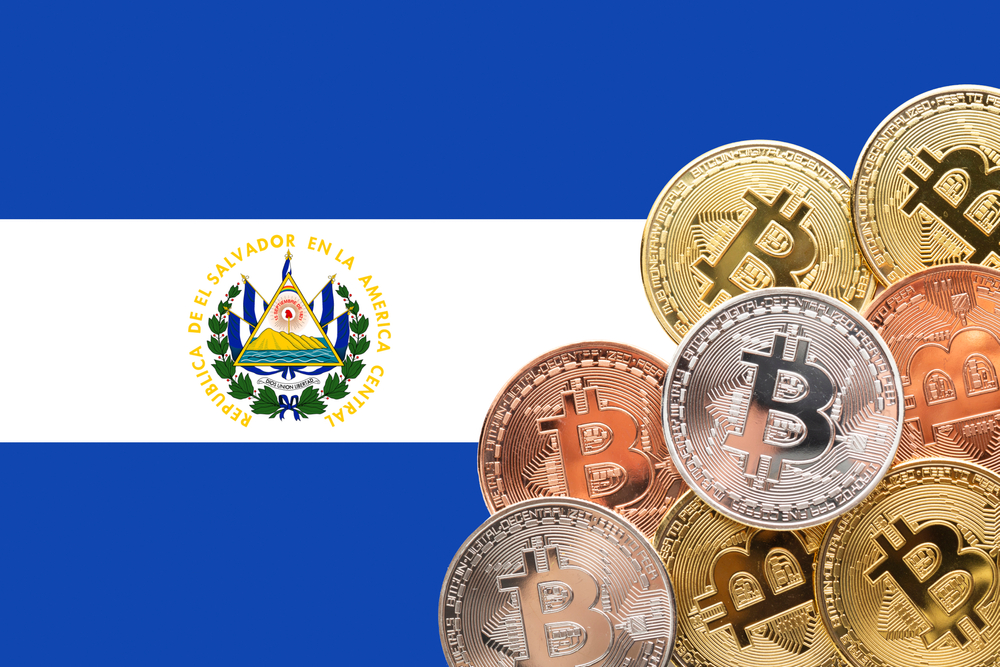The central American country made the headlines after announcing its decision to adopt Bitcoin as legal tender, a move President Nayib Bukele says will boost El Salvador’s economy. Per reports, the president sent a proposal to the country’s parliament on April 1 seeking the removal of taxes on all tech innovations and products.
Zero Tax on Tech Innovations
President Nayib Bukele submitted a bill to Congress on April 1 to remove all taxes on income, property, and capital gains realized from tech innovations. These include software development, coding, apps, blockchain, and artificial intelligence building.
Over the last two years, the country has redefined its Bitcoin investments by leveraging capital gains in several aspects of the plan to rebuild its ailing economy. To move ahead with the Bitcoin strategy, the president believes that removing tax requirements will boost technological innovations.
As a show of support for this initiative, El Salvador established the Bitcoin Office, a regulatory agency to oversee the initiatives of Bitcoin entrepreneurs and firms in the country. According to the Bitcoin Association of El Salvador, the National Bitcoin Office of El Salvador (ONBTC) aims to reposition the country into a global economic and technological hub.
At the start of the year, the country passed legislation approving the launch of a Bitcoin-based bond called Volcanic Bonds. The name referenced El Salvador’s numerous volcanic mountains where Bitcoin City is located.
Is El Salvador’s Bitcoin Strategy A Success?
El Salvador’s adoption of Bitcoin as a legal tender has sparked widespread interest in several regions. Crypto experts noted that this could potentially drive global adoption of the largest crypto token.
However, the country’s Bitcoin plan has raised concerns among citizens due to the price volatility of the asset and the uncertainties surrounding the project’s success. On the other hand, its credit ratings with the International Monetary Fund (IMF) have dropped because of president Bukele’s Bitcoin policy which saw the token enjoying the same legal backing as the country’s legal tender.
As expected, the IMF has asked the country to reconsider its Bitcoin plan. Despite the promise of financial inclusion, observers noted that most citizens have yet to learn what Bitcoin is or its purpose.
As one of the poorest Central American countries, economic analysts believe that most people must be equipped to handle crypto transactions. However, blockchain experts admitted that Bitcoin adoption opened the nation’s economy to attract direct foreign investments.
